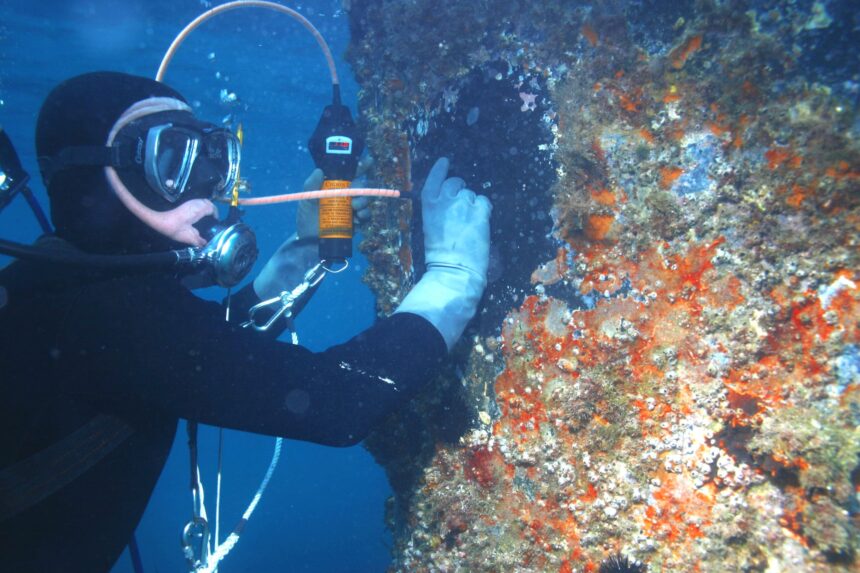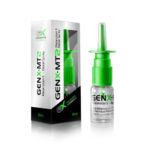Whether you’re diving for leisure or carrying out professional inspections beneath the waves, having a dependable diving underwater gauge is non-negotiable. These devices provide essential information—like depth, air pressure, and material thickness—to help divers stay safe and ensure accurate underwater work. In this guide, we’ll cover the different types of diving underwater gauges and discuss the unique benefits of using the Cygnus underwater thickness gauge, a top-rated choice for professional inspections.
What is a Diving Underwater Gauge?
A diving underwater gauge is an instrument used to measure key underwater parameters that divers and underwater workers rely on for safety and precision. For recreational divers, depth and pressure gauges are essential for monitoring their dive limits. For professionals, instruments like the Cygnus underwater thickness gauge play a crucial role in assessing submerged structures, allowing divers to gather essential information without damaging the structure or altering its condition.
Types of Diving Underwater Gauges
- Depth Gauges
These gauges allow divers to track their position underwater by providing real-time depth measurements. This helps divers stay within safe limits and manage decompression effectively. - Pressure Gauges
Pressure gauges show the remaining air in the diver’s tank, allowing divers to monitor their oxygen supply and make safe ascent decisions. - Thickness Gauges
Thickness gauges are used by professionals to evaluate the structural integrity of underwater materials, such as pipelines, vessels, and offshore platforms. The Cygnus underwater thickness gauge is widely regarded for its ability to deliver reliable results even in challenging underwater environments, making it a preferred tool for non-destructive testing.
Importance of Thickness Gauges in Underwater Inspections
Marine structures face constant exposure to harsh conditions—corrosion, physical wear, and environmental forces—that can compromise their safety. Thickness gauges are indispensable for inspecting and evaluating the condition of these structures. Regular inspections can help detect early signs of damage and ensure timely maintenance. The Cygnus underwater thickness gauge, in particular, offers precise readings that are essential for effective planning and avoiding costly repairs.
Key Features to Consider in the Best Diving Underwater Gauge
When selecting the right diving underwater gauge, there are several key features that you should take into account:
- Durability: The gauge must be built to resist corrosion and perform effectively under pressure at different depths.
- Accuracy: Accurate readings are critical for both recreational safety and structural integrity assessments.
- Ease of Use: A simple, intuitive design with an easy-to-read display is crucial for operating the gauge in challenging underwater environments.
- Versatility: Some gauges combine multiple functions, including depth, air pressure, and temperature readings, making them useful for a wide range of underwater applications.
Why the Cygnus Underwater Thickness Gauge Stands Out
The Cygnus underwater thickness gauge has a strong reputation among marine professionals, thanks to its advanced features and durable build. Here’s what makes it a standout choice for underwater inspections:
- Multi-Echo Technology
This technology provides highly accurate measurements, even on surfaces covered in marine growth or coatings, saving divers the effort of surface preparation and ensuring reliable readings. - Rugged Construction
The Cygnus gauge is designed for harsh underwater environments, featuring a robust, waterproof casing that ensures it can withstand both high-pressure and impact. - User-Friendly Operation
With intuitive controls and a clear, easy-to-read display, the Cygnus gauge is accessible to both seasoned divers and those new to underwater inspections. - Multiple Models
Cygnus Instruments offers a range of models tailored to different applications, from shallow water inspections to deep-sea assessments, giving professionals the flexibility to choose the perfect tool for the job.
Benefits of Using a High-Quality Underwater Gauge
- Enhanced Safety: Reliable readings help divers stay within safe depth limits, reducing the risk of decompression sickness or running out of air.
- Efficient Inspections: Marine inspectors can complete assessments quickly and with confidence, knowing the gauge provides accurate results.
- Cost Savings: Early detection of wear or damage can prevent more expensive repairs or operational interruptions.
- Data Precision: High-quality gauges ensure that all collected data is reliable, aiding in long-term maintenance planning and compliance with industry standards.
Conclusion
Whether you’re diving for fun or working in the marine industry, having the right diving underwater gauge is essential. Recreational divers rely on these tools to track their depth and air supply, while professionals use advanced gauges like the Cygnus underwater thickness gauge to assess structural integrity and ensure safety.
With features like multi-echo technology, rugged construction, and user-friendly operation, the Cygnus underwater thickness gauge is a standout tool in the industry. By investing in a high-quality underwater gauge, you’ll be well-equipped to face the challenges of the underwater world—safe in the knowledge that you’re using one of the best tools available. Dive or inspect with confidence, and trust your equipment to provide accurate and reliable results every time.


